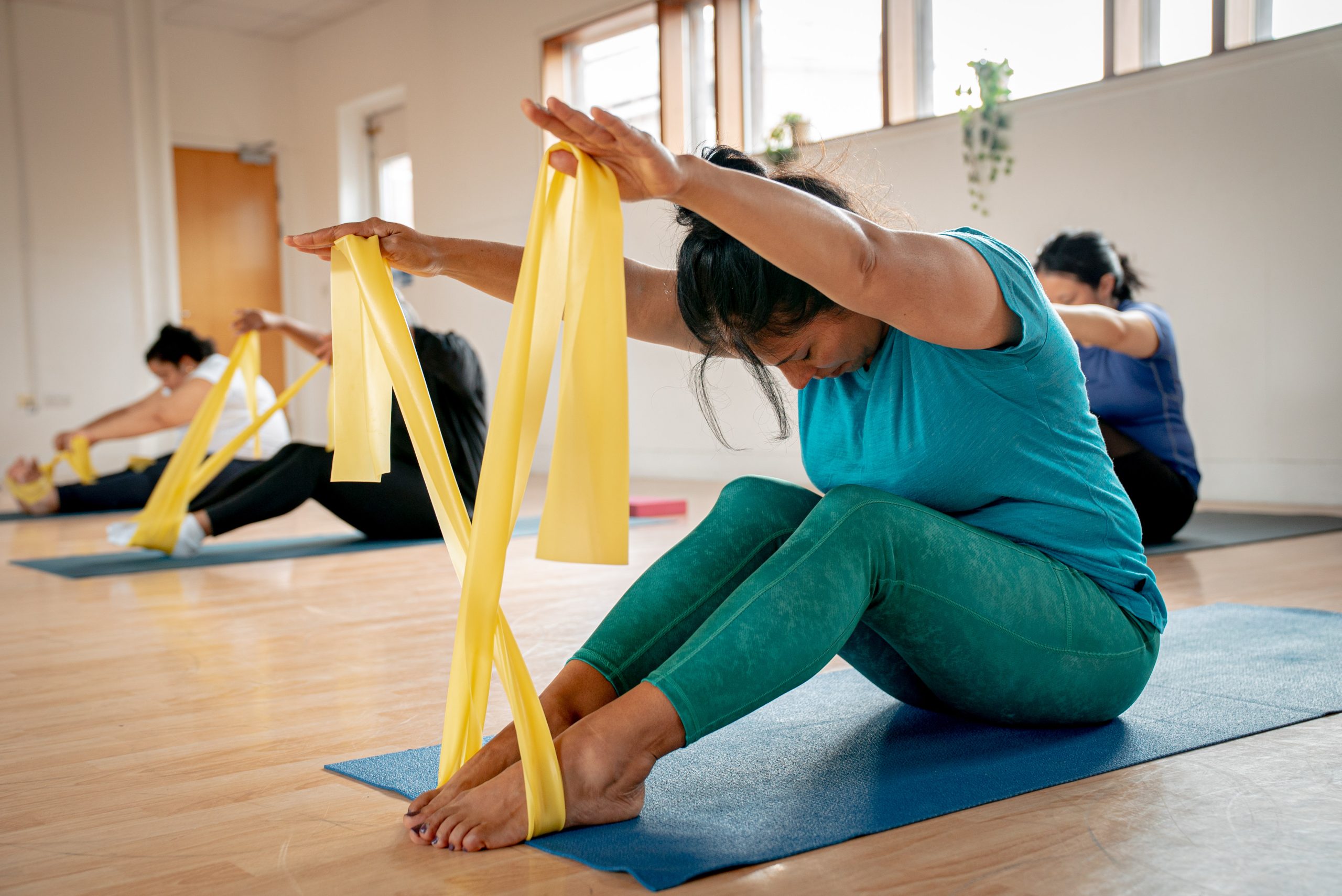Central YMCA CEO Ryan Palmer responds to the cut in PE hours
|

Following the recent success of the England women’s world cup team, reaching the finals in Australia & New Zealand this summer, comes mainstream attention and the ripple effect that this has inspiring the next generation of children and young people to be active and engage in sport and physical activity.
It is therefore essential that we see continued investments into PE and school sport to continue this narrative and provide safe and professional education that has a long term effect on both our happiness and the development of future talent within the sporting ecosystem.
Undoubtedly the world has changed in recent times, the impact of Covid and summary cost of living crisis caused by it, and other world events, have irrevocably changed the horizon. Yet, there are still some fundamental truths that stand the test of time, and we must pay attention to, if we are to create a healthy future. One such truth is the need for PE in our schools.
It has been undisputedly proven that physical activity directly translates to better mental wellbeing. It has also been undisputedly proven that better mental wellbeing leads to greater productivity and individual satisfaction. It is a simple truth that exercise, in any shape or form, improves quality of life and personal prosperity.
Psychologically speaking we know that habits form at an early stage of life, as such we have a responsibility at every level, from Government to Community, to create and enable extensive access to physical activity in our primary and secondary schools… This cannot be negotiable.
The current mandated hours of PE are not sufficient. The Chief Medical Officers for UK recommend 1 hour of daily physical activity at primary school, with half of that taking place during the school day; the DfE recommends at least 90-minutes per week.
At best this means our children are receiving at least 1 hour less than the recommended levels of physical activity per week than is good for them at primary school.
The bottom line is we must make room for more physical activity at every level of education, from primary school up; at a minimum 30 minutes per day. However, this is not just a question of providing more PE hours. Physical activity will not become habitual until we build it into routine, and that demands providing more PE options, and creating accessibility and universal participation.





